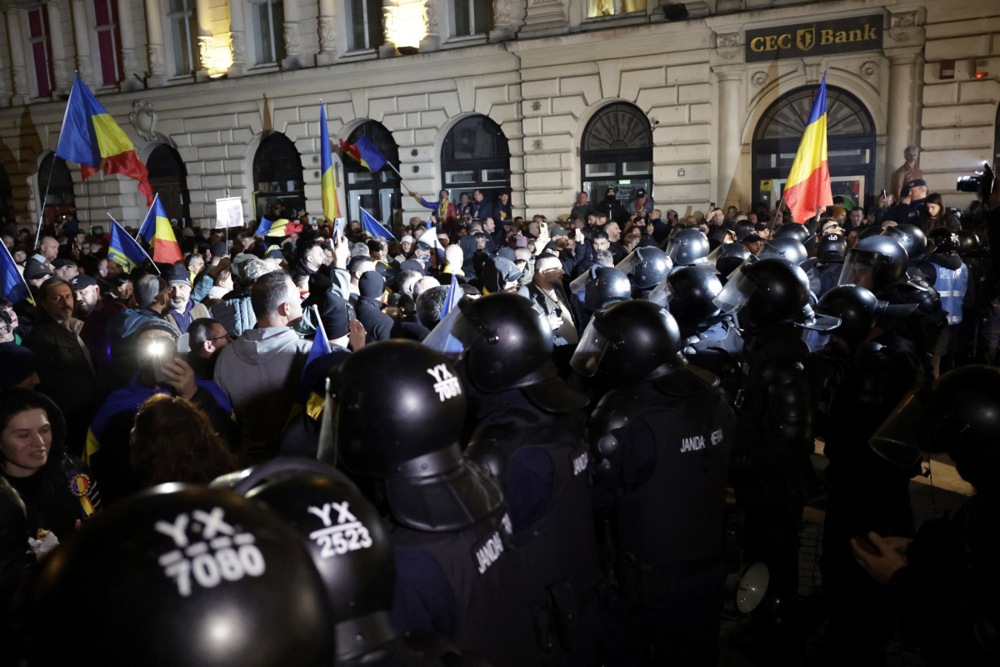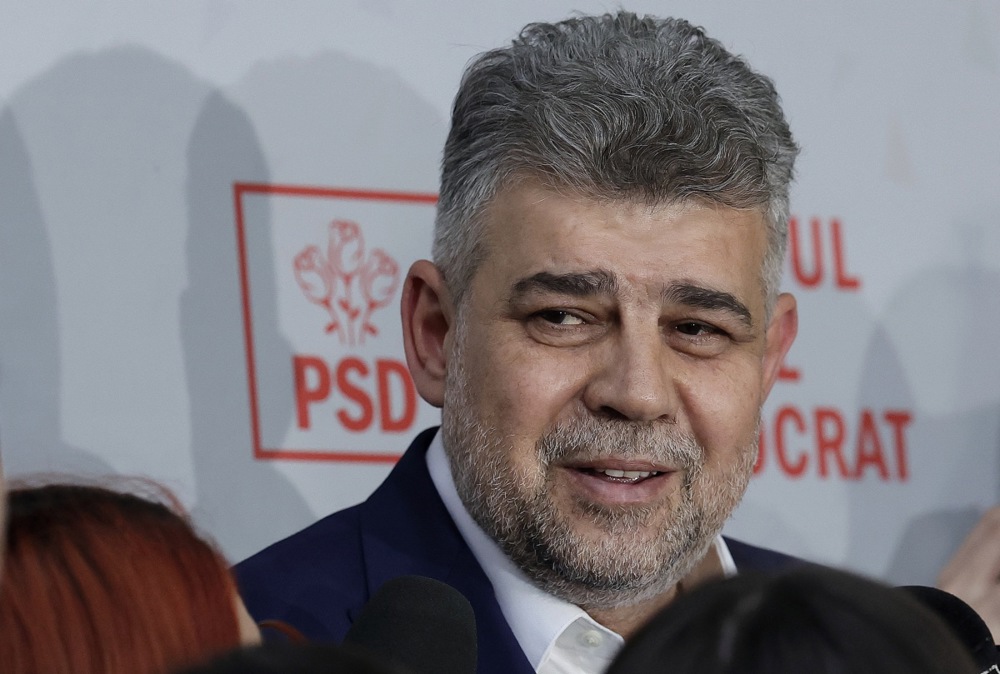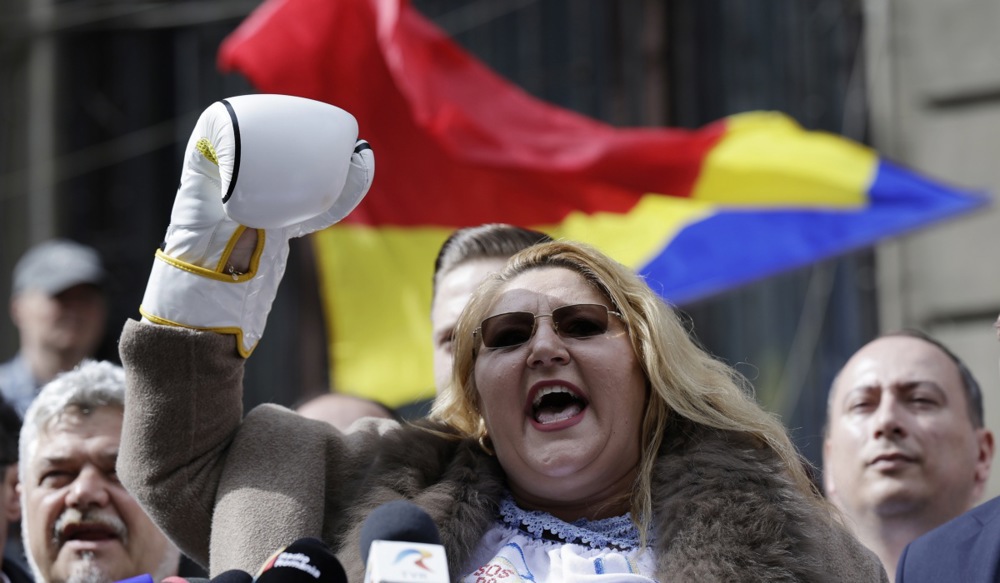Nicușor Dan, the pro-European mayor of Bucharest, won Romania’s presidential election in a second-round runoff against nationalist populist George Simion.
Dan, a centrist and Bucharest’s independent mayor since 2020, won 54 per cent of the vote.
Simion, co-founder and president of the Alliance for the Union of Romanians (AUR), received 46 per cent.
The international community has closely watched Romania’s May 19 presidential election, a rerun of an annulled 2024 vote, given its potential geopolitical ramifications.
The poll saw an unprecedented turnout, with 11.6 million voters participating. This was the highest in 25 years and included over 1.6 million from the country’s diaspora.
Dan ran on a platform of opposing corruption, promising systemic reforms, and was supportive of the EU and NATO.
His nationalist rival Simion opposed high taxes, military aid to Ukraine, and was critical of the EU and its regulations.
Simion led the first round of the election held on May 4, with 40.96 per cent of the vote, significantly ahead of Dan’s 20.99 percent.
A high turnout and frenzied final two weeks of the campaign turned the tide in favour of the Bucharest mayor, though.
“Elections are not about politicians. Elections are about communities. And the winner of today’s ballot is a community of Romanians that wants a profound change in Romania,” Dan said in his victory speech.
A community “that wants state institutions to work properly, wants to get rid of corruption, wants to create a prosperous economic environment for Romanians, a society of dialogue and not governed by hate,” he added.
Dan also reached out to his opponents, saying “all our respect for those who had another option today and for those who had another option in the first round”.
“We have to build a Romania together, regardless of political options, together with the Romanians in Romania, with the Romanians in the diaspora, in Bessarabia and in the other territories around Romania,” he said, adding he would also help Moldova on its European path.
A large majority of Romanians in Moldova, 88 per cent, voted for Dan. Simion did much better with the diaspora in Spain, Germany, Italy, Austria and Belgium.
In Russia, 78 Romanians voted for Dan, while 55 voted for Simion.
According to Romania’s constitution, the president holds significant responsibilities in foreign policy, defence, and the appointment of the prime minister. Dan is anticipated to commence consultations next week to form a new government.
On May 6, Romania’s Marcel Ciolacu resigned as prime minister following the results of the first round of the country’s presidential election.
He said his coalition was “no longer legitimate as it hasn’t sent its candidate to the second round”.
Marcel Ciolacu was among the first politicians who congratulated Dan for his victory.
“The result of today’s elections clearly shows that Romania needs reconciliation and reconstruction,” wrote the former Social Democrat prime minister on Facebook.
He said the massive turnout gave the future president increased legitimacy.
On election day, Simion warned of possible foul play in the elections, but when the final results arrived, he admitted defeat and congratulated his opponent.
“I would like to congratulate my opponent, Nicușor Dan, who won the elections. It was the will of the Romanian people. I want to thank the more than 5 million Romanians who put their trust in me. I will not disappoint them, there is nothing more precious to me than their trust,” Simion said.
“I ask each of you not to give up, we are going to the end, even if it is difficult to feel this bitter taste of defeat. Romania and the Romanian people must come first,” he said.





